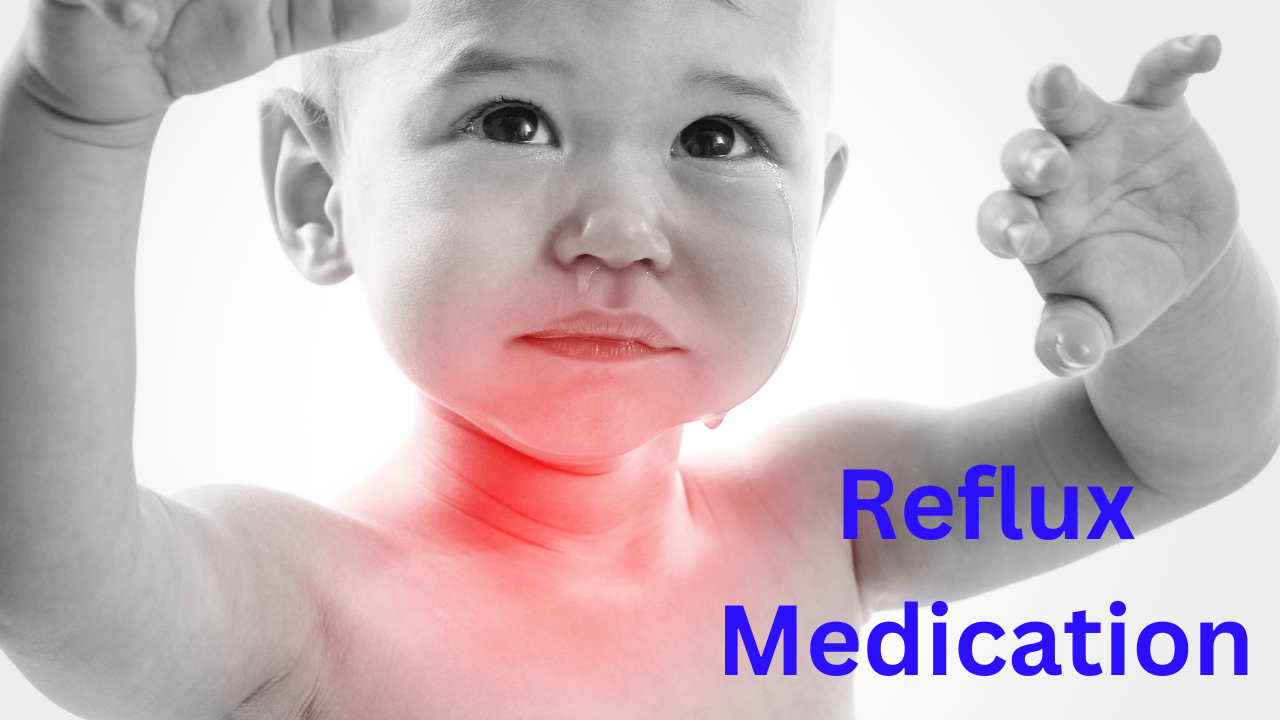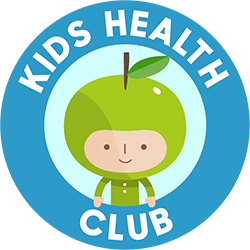Reflux Medication

Baby Health & Reflux Medication
Up to 10% of infants are prescribed reflux medications that reduce stomach acidity, which can ease the pain of reflux but doesn't address its underlying cause, often cow's milk protein intolerance. When all non-human milk is eliminated from the infant's diet and the breastfeeding mother's diet, 90% of infant reflux cases improve within three weeks.
However, proton pump inhibitors (PPIs) used for reflux can have significant long-term consequences. Stomach acid is essential for killing ingested pathogens, absorbing key nutrients such as iron, B12, zinc, and calcium, and properly digesting food. As a result, PPIs can increase the risk of gastroenteritis (diarrhoea), imbalanced gut bacteria, nutrient deficiencies, and food allergies, as partially digested proteins may trigger immune responses. Additionally, PPIs are linked to a higher risk of fractures in children, likely due to impaired calcium absorption.
There are simple and effective strategies to treat infant reflux:
- Holding your baby upright for 30 minutes after feeds to let gravity help.
- Avoiding non-human dairy.
- Engaging in skin-to-skin contact to increase endorphin levels and reduce pain and inflammation.
- Giving probiotics to promote gastric emptying and peristalsis, which reduces pressure on the stomach.
Feeling overwhelmed with how to support your child’s health?
Join the Kids Health Club membership and allow me to guide you through simple strategies tailored for busy mums to transform your child’s wellbeing. Every mother wants their child to be the happiest and healthiest version of themselves possible… Yet, amidst the daily stresses of life, it's easy to overlook this fact.

Welcome to the Kids Health Club!
Hello, wonderful parents! Fiona Stock here. your guide and friend. I'm a highly respected Paediatric Naturopath and Children’s Nutritionist. I'm known for my expertise as an educator, mentor, and author, with over 25 years of extensive experience. Throughout my career, I've gained a profound understanding of the unique needs involved in supporting children's health conditions.
My knowledge is enriched by specialised training from the American Medical Academy of Paediatric Special Needs (MAPS) and Gut and Psychology Syndrome, under the guidance of Dr. Natasha Campbell-McBride. You can trust my advice, as I adhere to Australian law and hold registration with both the Australian Natural Therapies Association and the Australian Therapeutics Act.

